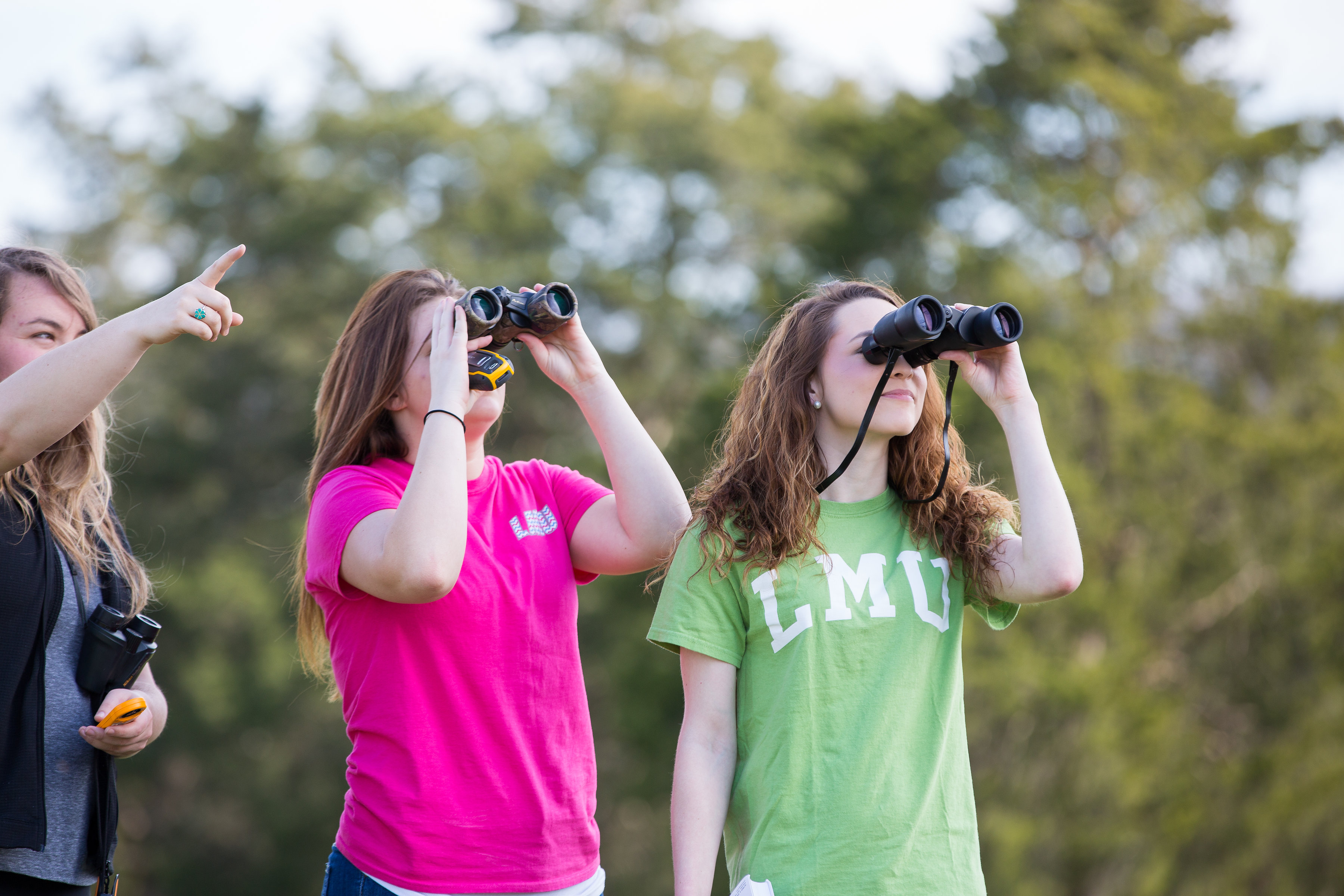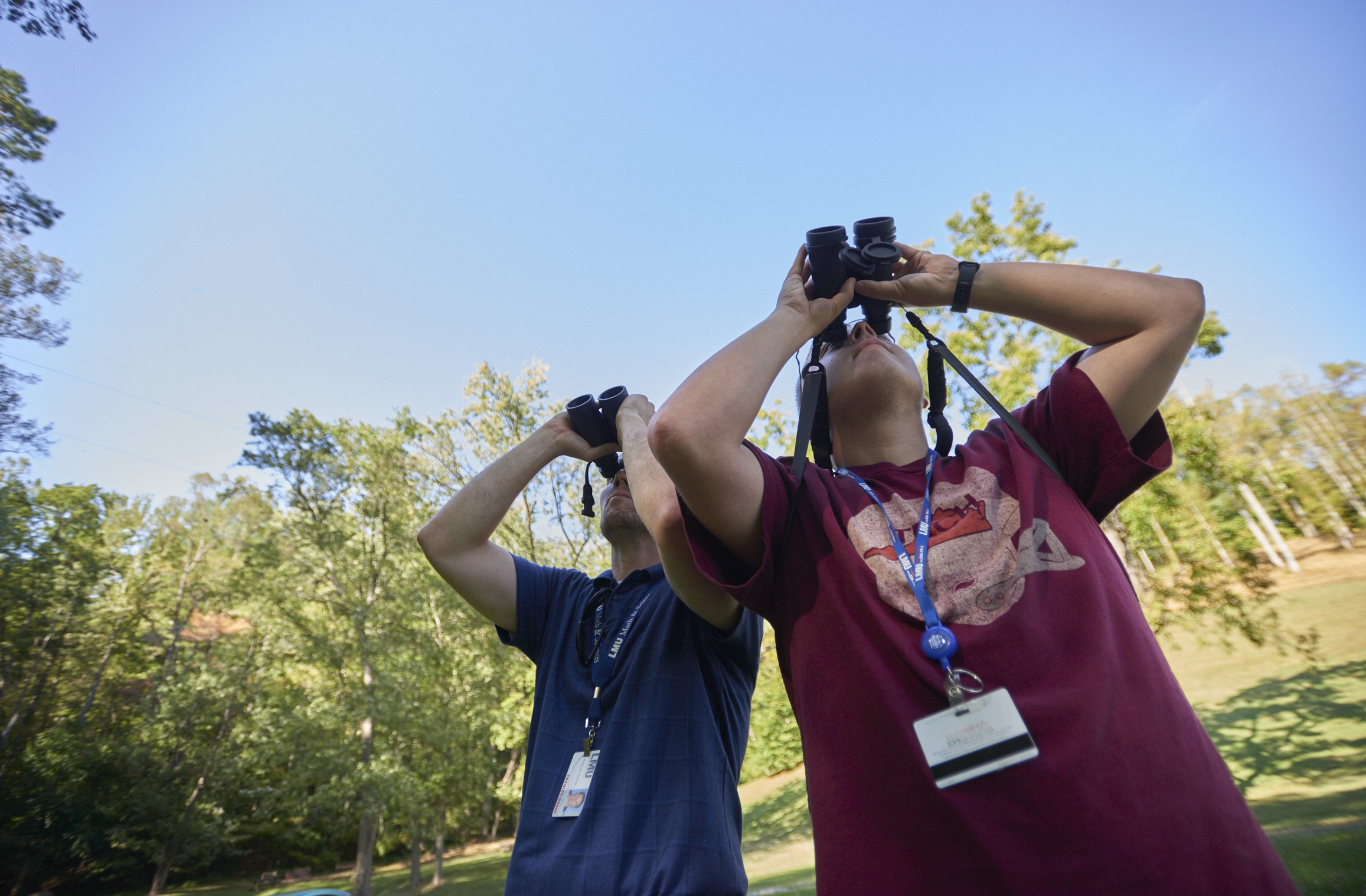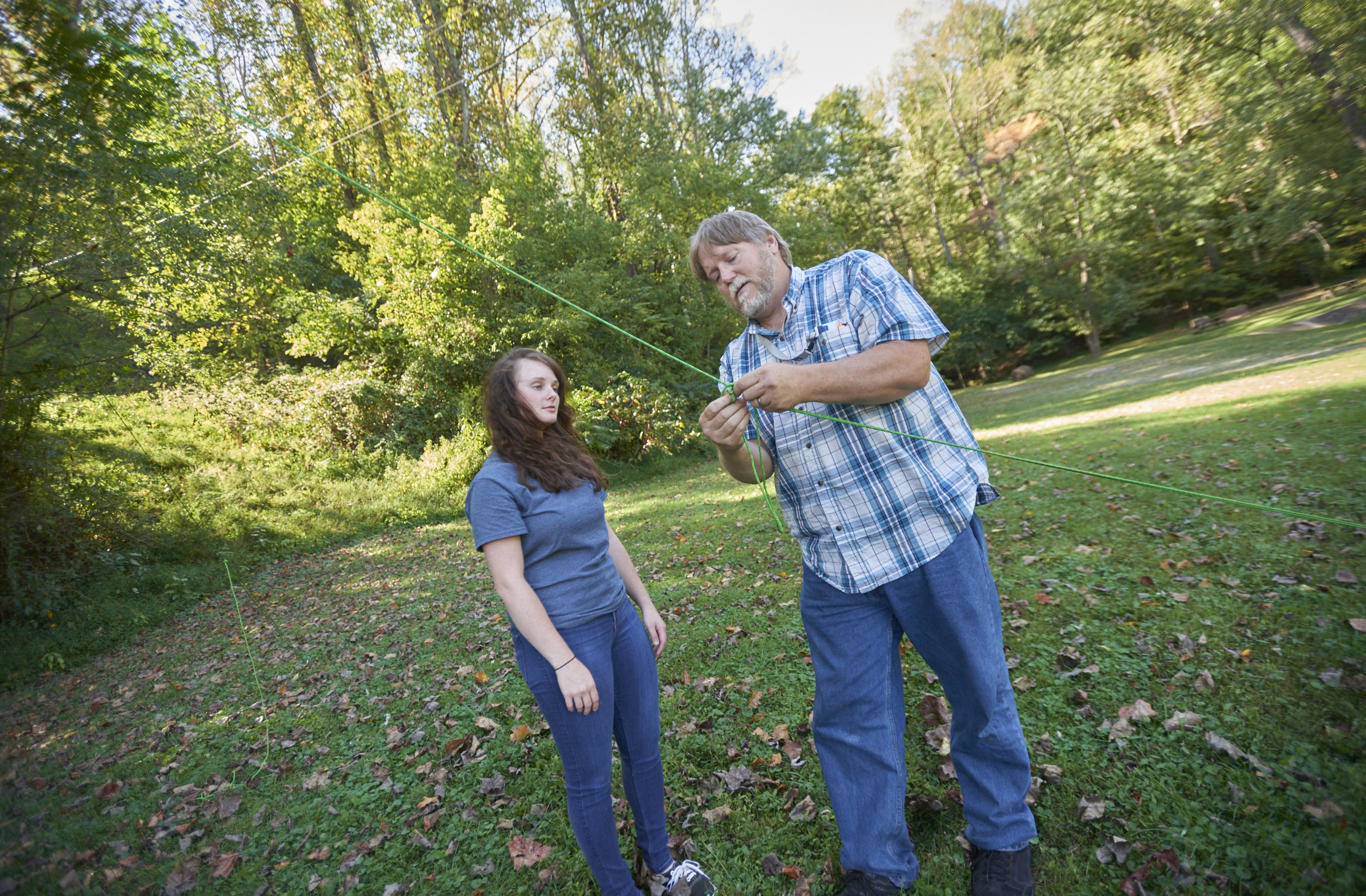Bachelor of Science in Conservation Biology
The Conservation Biology (CBIO) major is a comprehensive four-year program with two tracks leading to a Bachelor of Science degree. Conservation Biology majors frequently enter careers in environmental science, wildlife management, national parks, and so many more. Lincoln Memorial University's conservation biology curriculums will prepare you for these and various other opportunities with our flexible programs designed with you in mind.
The Wildlife and Fisheries Track will provide you with the minimum requirements for certification as an associate wildlife biologist, which can open the door to various employment opportunities. The Research Track allows your educational experiences to be customized to support your specific career aspirations, which is perfect if you enjoy research and already have a goal in mind.
Throughout both tracks, expert faculty will immerse you in courses on ecosystem dynamics, biodiversity, and hands-on learning experiences out in the field. We engage our students by encouraging original, faculty-mentored research projects, targeted seminars, and one-on-one advising. After obtaining your Bachelor of Science in Conservation Biology, you'll be well-prepared for whatever is next on your pathway to success.
If you're ready to get started, read more about our conservation curriculums below and start on your application.
Apply now
See Full Academic Course Catalog
Special Program Features
Providing student research opportunities is at the heart of LMU's Conservation Biology Program. The Department of Biology maintains the Cumberland Mountain Research Center and the Powell River Aquatic Research Station, housing several conservation-related research projects. Many are centered across the Appalachian region, while some are international in scope, having occurred in Belize, Costa Rica, Kenya, Peru, and Thailand. With these experiences, students learn the critical thinking skills required to develop scientifically sound research designs and collect meaningful data.
Conservation Biology Career Opportunities
- Agricultural Extension Agent
- Habitat-Restoration Specialist
- Conservation Scientist
- Law Enforcement
- Consultant
- Biological/Environmental Naturalist
- Ecologist
- Park Ranger
- Environmental Biologist/Technician
- Range Manager
- Fisheries Biologist/Technician
- Wildlife Officer
- Game Farm Manager
- Wildlife Biologist/Technician
Student Success
Graduates of the program have had very successful careers and become well-respected leaders in their field. Alumni have worked at various state and federal institutions, become environmental consultants, worked at zoos and many other organizations. Others have pursued additional certifications, taught high school, become veterinarians, and even practiced law. The opportunities available to graduates are as varied as the student's interests. Here are a few places graduates of LMU's Conservation Biology major have worked:
- Georgia Department of Environment
- Tennessee Natural Resources Conservation Service
- Kentucky Department of Game and Fish
- Tennessee Wildlife Resources Agency
- Kentucky State Parks
- United States Department of Agriculture
- National Park Service
- United States Corp of Engineers
Contact Us
Dr. Barbara Shock
Biology Chair
Barbara.Shock@lmunet.edu






